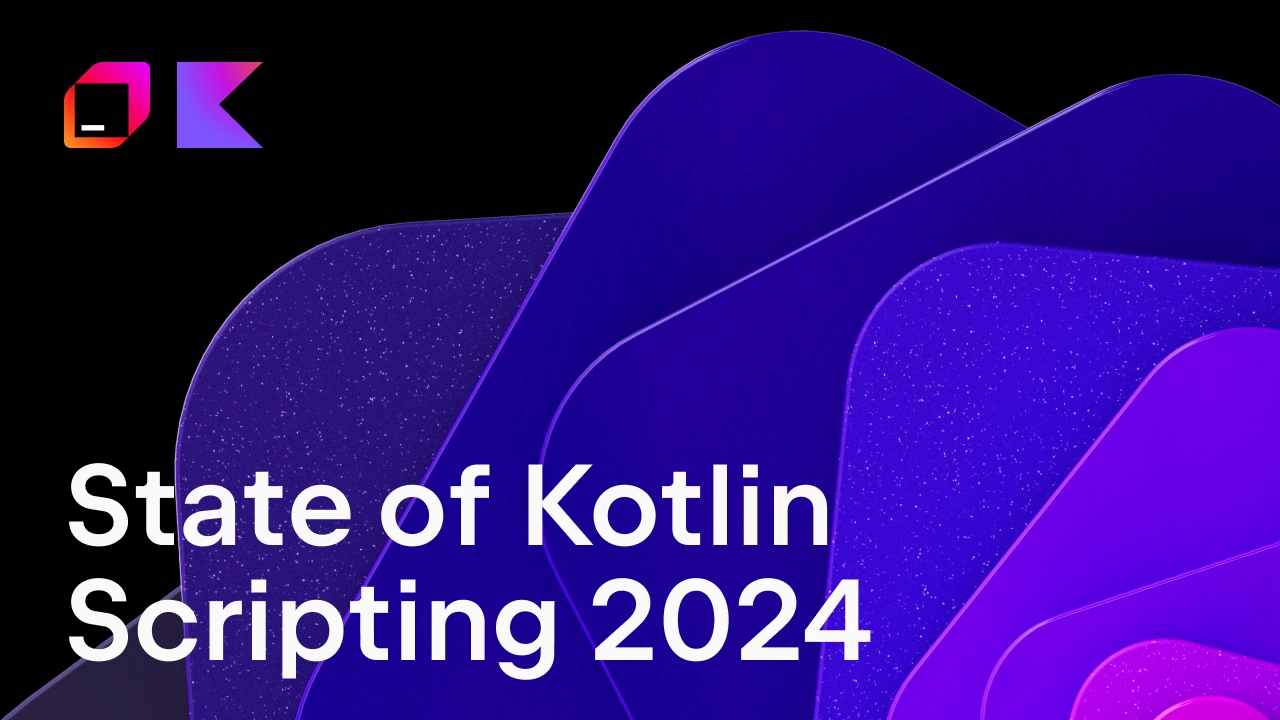
Kotlin Scripting 2024: Simplified and Sharpened
Aashiya Mittal
Technical Content Writer @ OnGraph Technologies Limited | BA in Web Content Creation
Imagine having a tool that lets you write code without worrying about compiling or creating full-fledged applications. That’s Kotlin scripting—a handy feature for quick experiments, build configurations and automation.
But as it turns out, not everything is perfect in scripting land. In 2024, JetBrains is reshaping how Kotlin scripting fits into the ecosystem, focusing on what truly matters while letting go of what doesn’t.
Here’s what you need to know.
Why Change?
Kotlin scripting has been around for years, but it hasn’t gained the traction expected. Tools like Gradle Kotlin DSL and .main.kts scripts are widely used, but the rest of the ecosystem—like generic scripting and the REPL (Read-Eval-Print Loop)—is underwhelming in popularity and performance. JetBrains wants to make scripting simpler, faster, and more relevant, so they’re doubling down on what works and moving away from what doesn’t.
What’s Staying?
Basic Scripting (.kts files)
Custom Scripting API
Main.kts Scripts
What’s Changing?
Kotlin REPL is Retiring
Dropping Obsolete Tools
Tools like JSR-223, KotlinScriptMojo, and kotlin-scripting-ide-services are being phased out due to limited use or compatibility challenges with newer Kotlin versions.
Why These Changes Matter
JetBrains wants Kotlin scripting to be powerful yet streamlined. By focusing on tools like Gradle DSL and Kotlin Notebook, they can deliver a better experience for the most popular use cases. This focus frees up resources to improve Kotlin itself while still giving scripting fans enough to work with.
What’s Next?
If you’re using Kotlin scripting, your feedback matters! JetBrains is keen to hear your use cases and suggestions as they shape the future of scripting in Kotlin. You can share your thoughts via comments or create issues on YouTrack.
Kotlin scripting is evolving to stay lean and effective. While some features are being sunset, the core tools are only getting better. Let’s look forward to a more focused and capable Kotlin ecosystem!